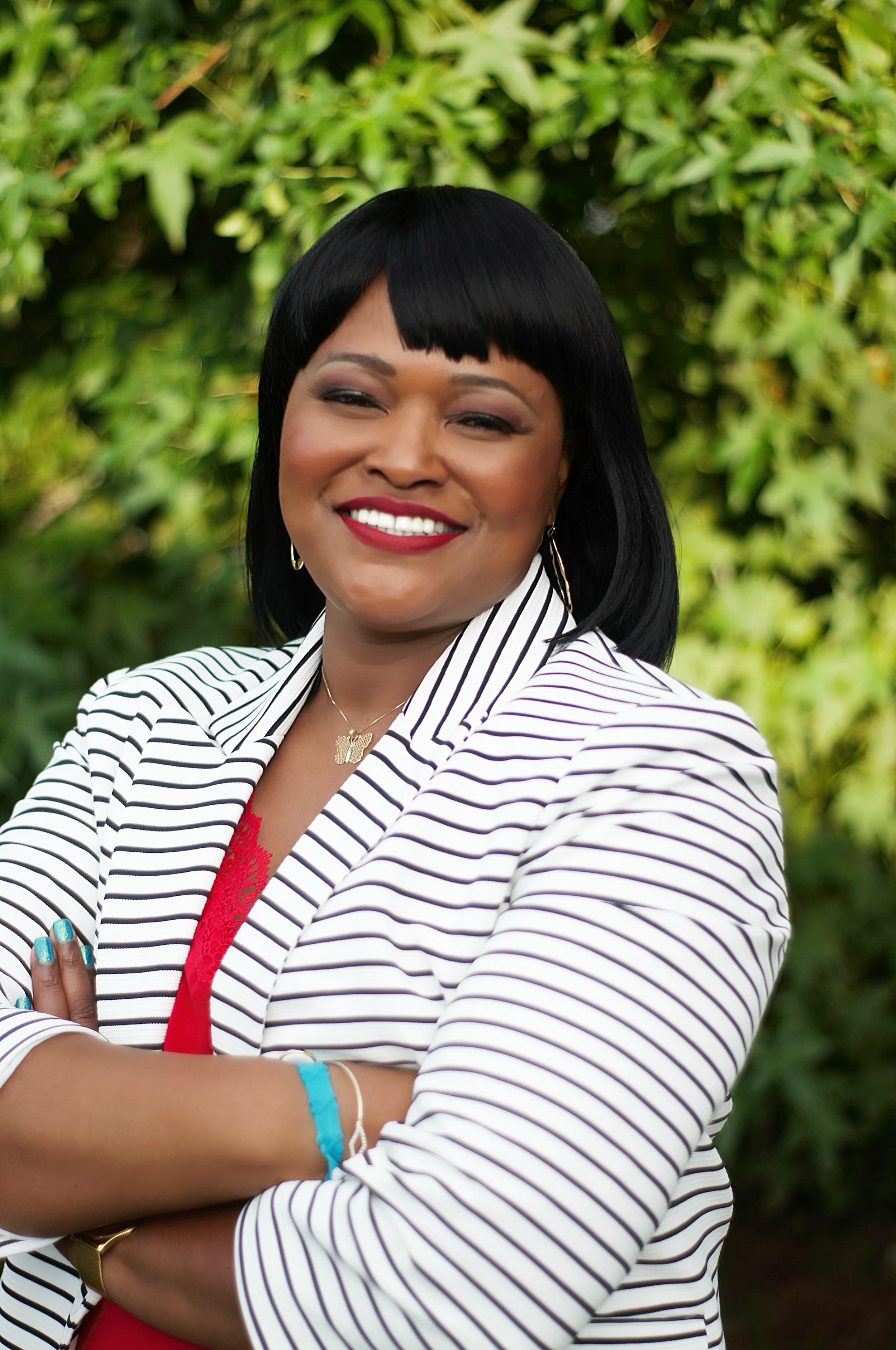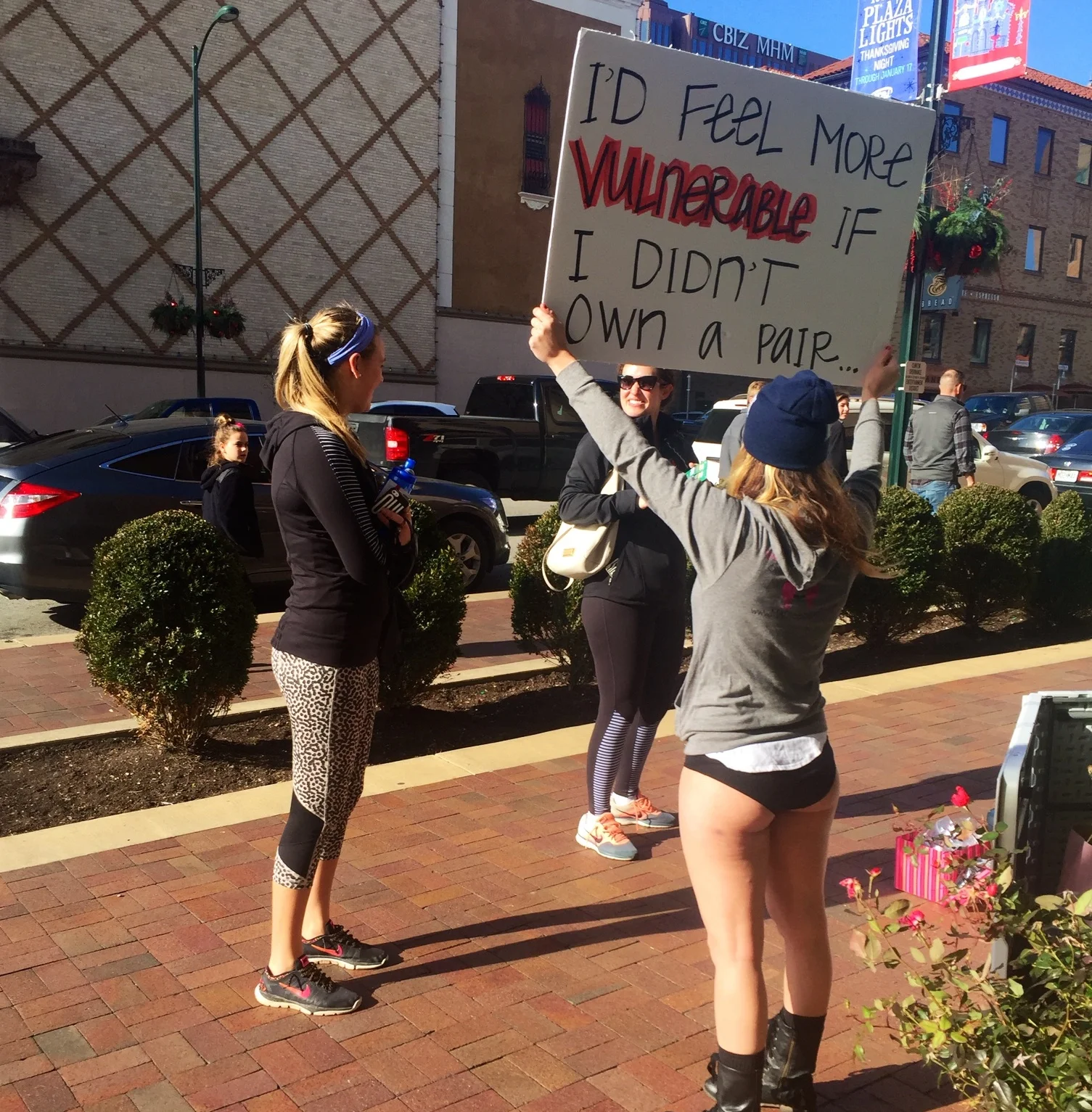Emma Watson’s Our Shared Shelf
Emma Watson has taken a lot of flack since becoming a UN Women Goodwill Ambassador. Her 2014 speech launching the HeForShe campaign—while attracting venomous criticism—was hardly the first to provoke vehement commentary, but it’s the possibly the stimulus that made Watson want to do better.
The years since that fateful day ‘have been a baptism of fire to say the least, where I learnt just how little I know, and also how much,’ she says. And how much she has learnt.
It’s easy to write off being a UN Ambassador as a trivial role as we’re used to seeing celebrities take up the mantle, and we’re used to dismissing celebrities as paradoxically vapid and fame-hungry, while shrewdly using their fame to further their personal brand. We smear Nicole Kidman, Anne Hathaway and Angelina Jolie with the same brush.
The United Nations says it has ‘enlisted the volunteer services and support of prominent personalities…to highlight key issues and to draw attention to its activities’ since the early 1950s. Admirable, but problematic. Exactly how is a white-washed version of feminism supposed to help women around the world? Is it dropping a traditionally beautiful young woman into the middle of a stereotypically poor village and photographing her in a UN t-shirt? Is it plonking a traditionally beautiful young woman in front of a microphone and projecting her BBC news reader voice to a room of people self-congratulating for their humanitarian work?
Or is it what Emma Watson is doing? Thanking the shackles of her role as Hermione, her upbringing as a wealthy and educated daughter of lawyers, and her white beautiful face for all they’ve done for her, and casting them aside to be the best UN Ambassador she can be.
When UN Woman contacted her in 2014 to become an ambassador, her fame, fortune and fanbase could be put to good use—focusing on feminism. HeForShe is her passion project, the initiative aiming to get men to co-sign on feminist issues.
‘I used to be scared of words like “feminism,” “patriarchy,”“imperialist.” But I’m not anymore.’
‘It was not typical for UN Women to have a celebrity give a keynote address,’ Phumzile Mlambo-Ngcuka, executive director of UN Women, told Vanity Fair. ‘We needed a new messenger to break new ground for us. We didn’t want to just speak to the converted.’
That’s where the criticism came from. Men like Hugh Jackman, Jared Leto, Harry Styles, Russel Crowe and Eddie Redmayne wore the t-shirts branded with HeForShe. A good start as these men can use their fame and standing to encourage other men to support women—‘arguably undermining the work of many feminists by implying that their efforts are inadequate without masculine endorsement,’ explains Jean Hannah Edelstein in an article for The Guardian.
Since then, Watson has moved past the feminist-lite persona compatible with the bureaucracy of the United Nations, and stepped into a far larger role.
HeForShe is still in action and on the surface at least its message is a powerful one:
‘People everywhere understand and support the idea of gender equality. They know it’s not just a women’s issue, it’s a human rights issue. HeForShe is an invitation for men and people of all genders to stand in solidarity with women to create a bold, visible and united force for gender equality.’
That’s not pandering to patriarchy or making feminism more palatable—that’s getting everyone on board with the female movement; including men in the conversations about women and discussed by women; bringing the very real global problem of gender inequality to people who may not have considered it before.
Watson was right in her speech: ‘feminism’ is now associated more with man-hating than with gender equality, and that needs to stop. Including men in feminism makes it about gender equality, and makes it a human rights issue. What’s wrong with that?
What’s wrong is that’s feminism-lite. It grants men the leading role in this campaign, while women are the secondary characters—once again, it’s handing men the shining armour and making women the damsels in distress. Her speech was too soft, too palatable, and too pretty, and not feminist enough. She seems to say men don’t need women to free themselves, but women need men to achieve equality. Nonsense.
Deserved criticism then.
And this is where Emma Watson started to grow into the feminist we needed her to be all along. She’s emerged from the criticism as one of the most vocal activists for women’s rights and while she may have almost been dismissed as a white, privileged feminist, she’s come back fighting.
‘It’s difficult to hear criticism from people you consider your peers and who you believe are on the same side. But, you know, I just carried on, and some of the stuff made me more thoughtful and questioning of my approach.’
To that end, she took inspiration from Hermione Granger, and read every piece of feminine literature she could find. Now, she wants us all to do the same.
In 2016, Emma Watson started Our Shared Shelf, a bi-monthly online book club, using Twitter to crowd-source the name, which recommends a feminist book to its 230 thousand members every two months. She then engages in discussion with the readers on GoodReads.
‘As part of my work with UN Women, I have started reading as many books and essays about equality as I can get my hands on. There is so much amazing stuff out there! Funny, inspiring, sad, thought-provoking, empowering! I’ve been discovering so much that, at times, I’ve felt like my head was about to explode… I decided to start a feminist book club, as I want to share what I’m learning and hear your thoughts too.’
That’s Watson’s superpower in all this: she still feels like one of us. She’s navigating her way through modern feminism much the same way we are—only she’s under far more scrutiny.
‘It’s not like I have been reading this material for years, and I don’t have an encyclopaedic knowledge,’ she told Elle. ‘It can be a lot of pressure sometimes, as people expect me to know so much. I’m no expert, and when people push me into a corner of “here’s Emma Watson to lecture you on feminism”, it’s uncomfortable because I am aware I have a long way to go.’
Criticise all you want and much of it will be justified: this is still heavily white-washed feminism despite the book club’s focus on female writers from all walks of life, and it’s definitely a more palatable version of the rage women need to voice, but Nicholas Barber puts it best in his piece for The Guardian:
‘One way to understand Watson’s very 21st-century celebrity activism is to see her as a multi-hyphenate entrepreneur in the vein of Beyonce and Gwyneth Paltrow. It’s just that instead of using her brand to promote her own range of perfumes and cookbooks, she is using it to promote gender equality. And if Disney gets a ton of free advertising along the way, so be it. For every hundred Watson fans who go to see her in Beauty and the Beast, there will be one who reads The Vagina Monologues on the bus home.’ ■



















Take inspiration from Our Shared Shelf and get your hands on these books.